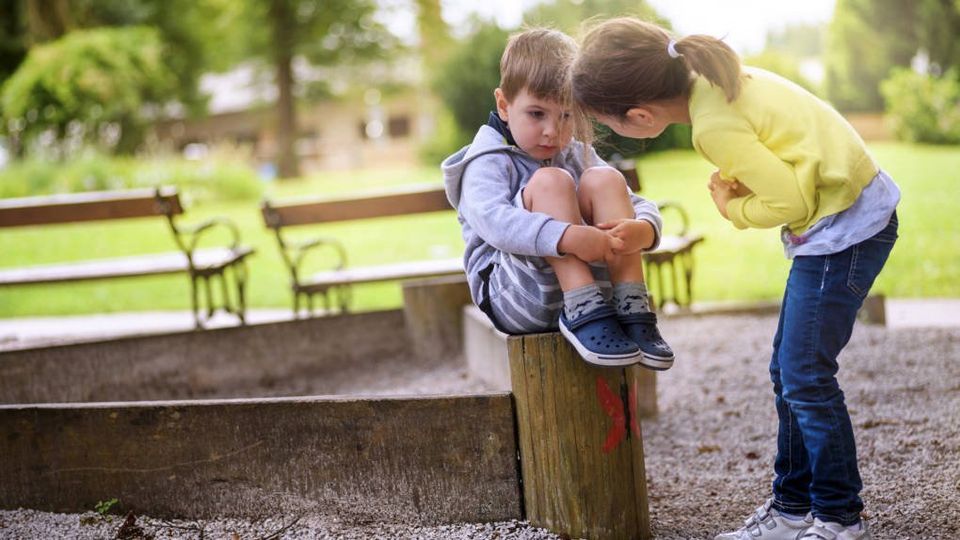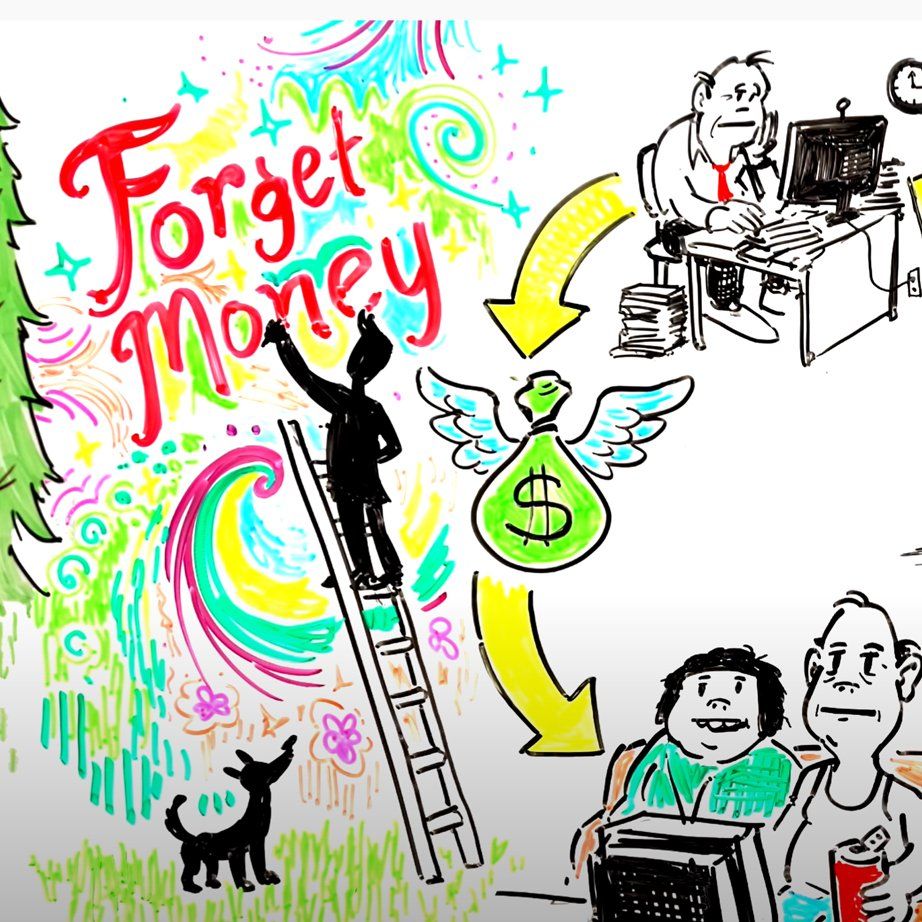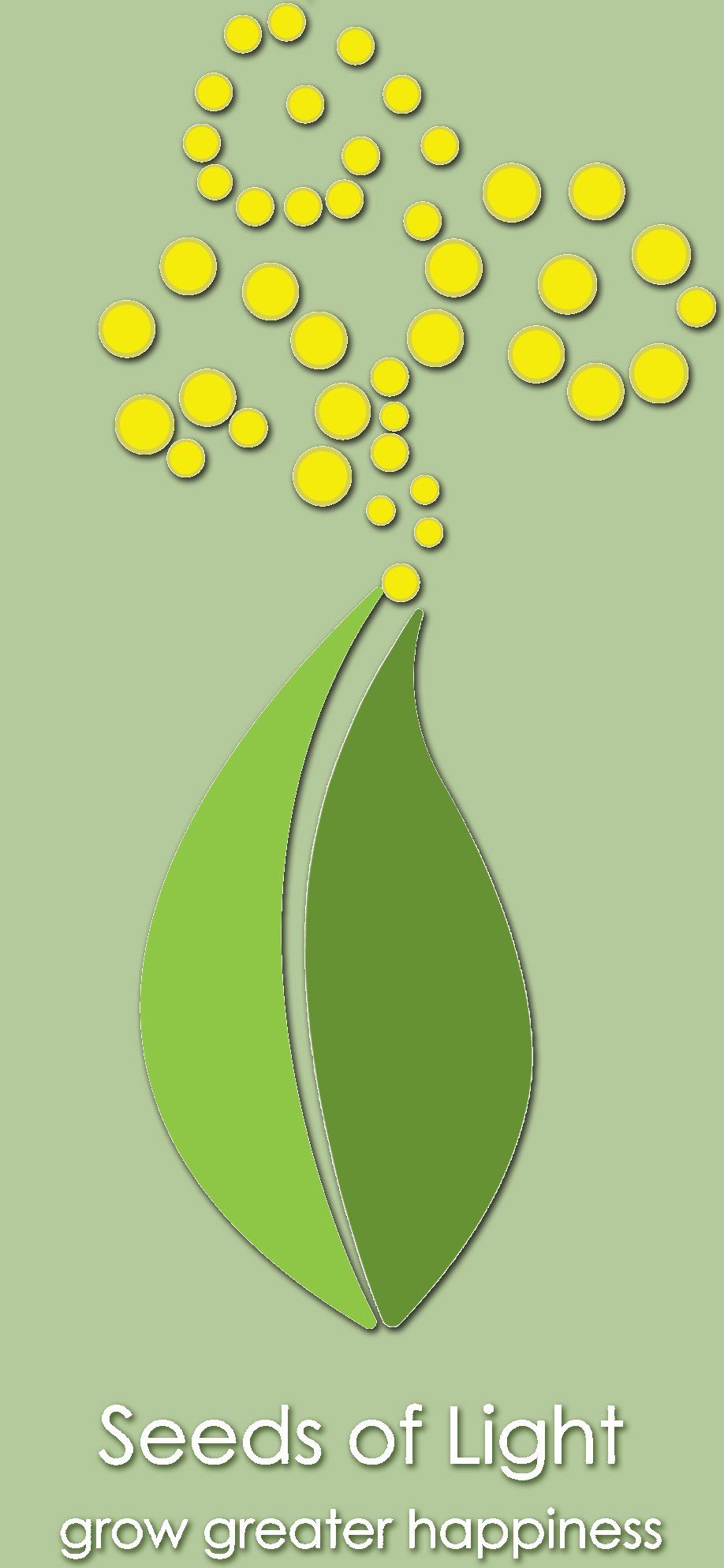Is Empathy the Secret to Happiness? Research shows it is
Marsya Ancker, BA, E-RYT • November 4, 2019
The Latest Research Shows That Empathy Is Key
Thanks to the latest scientific research, the secret to happiness isn't so secret anymore. Empathy is the key.
The old saying "Nice guys finish last," it turns out is just not true. "Nice guys" finish first in a lot of ways.
The old saying "Nice guys finish last," it turns out is just not true. "Nice guys" finish first in a lot of ways.
Research shows that people with high levels of Empathy, that is "the ability to understand or feel what another person is experiencing from within their frame of reference," are generally happier, healthier and more successful at work. That same research shows that Americans, on average, are 75% less empathetic than they were 30 years ago. We also know that when people are more stressed they are less empathetic. That means that our children are not only less empathetic as individuals, but that they're growing up in a less empathetic society.
Happily, there IS something that you can do about this. Empathy can be taught.
In order for a person to experience empathy, they have to be able to put themselves in someone else shoes, that is imagine how the other person might feel in a given situation. To do that, a person first has to have an understanding of their own feelings and be able to imagine how they, themselves, would feel in that situation. The ability to understand and articulate one's own feelings is called "emotional fluency."
Emotional fluency gives people the tools to identify their emotions, to understand the processes that lead them to feeling a certain way, and to begin to identify the cause and effect relationship between external forces and their internal reactions. This understanding makes it easier to imagine how someone else might feel in a given situation. The ability to imagine how someone else is feeling makes it easier to act with compassion in an empathetic manner.
Emotional fluency gives people the tools to identify their emotions, to understand the processes that lead them to feeling a certain way, and to begin to identify the cause and effect relationship between external forces and their internal reactions. This understanding makes it easier to imagine how someone else might feel in a given situation. The ability to imagine how someone else is feeling makes it easier to act with compassion in an empathetic manner.
Mindfulness education helps young people increase their levels of emotional fluency and, therefore, their levels of empathy.
So, if you want to help your children develop the skills necessary to grow into compassionate, empathetic adults, happy, healthy and successful, consider enrolling them in an afterschool mindfulness program, talk to your school administrators about integrating mindfulness education into the curriculum, and check out these tools you can use at home.
So, if you want to help your children develop the skills necessary to grow into compassionate, empathetic adults, happy, healthy and successful, consider enrolling them in an afterschool mindfulness program, talk to your school administrators about integrating mindfulness education into the curriculum, and check out these tools you can use at home.
To learn more about empathy and why it matters, check out this article by NPR Why Intentionally Building Empathy Is More Important Now Than Ever. If you want to go a little deeper, check out this short, but excellent, TEDxTalk by Jamil Zaki BUILDING EMPATHY: How to Hack Empathy & Get Others to Care More.
Wishing you a day filled with light, learning & joy!

What makes you feel good? What makes your KIDS feel good? A sense of accomplishment & feeling appreciated (aka a sense of acknowledgement) can take a bad day & turn it good. A WOW-bell is a fun way to give kids the sense of accomplishment & appreciation they need to develop the kind of resilient mindset, the can-do attitude, that will lead to growth, learning & happiness in the present and greater success in the long-term.





